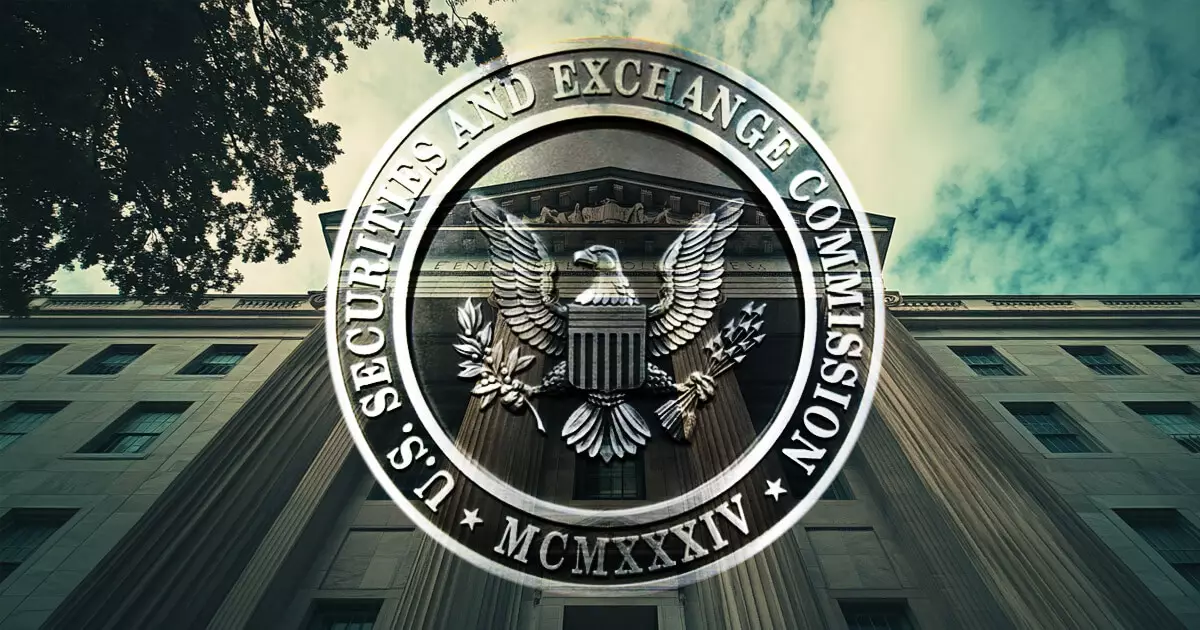Recently, TrustToken and TrueCoin, the creators of the TrueUSD (TUSD) stablecoin, found themselves in the crosshairs of regulatory oversight as they settled allegations with the U.S. Securities and Exchange Commission (SEC). The charges centered around claims of fraudulent and unregistered sales of investment contracts related to TUSD, culminating in an agreement to pay $700,000 in penalties. This decision, taken without admitting to the SEC’s findings, signals the companies’ desire to prioritize business operations over prolonged legal disputes. As both entities expressed in a statement to CryptoSlate, they were prepared to defend their practices but ultimately opted for a resolution that would allow them to redirect their focus to future opportunities.
The SEC’s Allegations and Their Implications
The SEC’s complaint, lodged in the Northern District of California, outlined serious allegations against TrueCoin and TrustToken for unregistered sales of TUSD from November 2020 to April 2023. Integral to the case was the assertion that TUSD was falsely advertised as being fully backed by U.S. dollars, when in reality, a significant portion of the backing assets was funneled into a speculative offshore fund. The SEC reported that by March 2022, over $500 million of TUSD’s backing was at stake in this uncertain investment, while projections indicated that by September 2024, an alarming 99% of reserves were tied to high-risk avenues.
These allegations underscore a critical aspect of the cryptocurrency domain— the importance of transparency and compliance with securities regulations to protect investors. Jorge G. Tenreiro, the Acting Chief of the SEC’s Crypto Assets & Cyber Unit, emphasized in his remarks the need for regulatory frameworks that ensure investors have access to vital information, enabling them to make informed choices regarding their investments. This case serves as a pointed reminder of the challenges that cryptocurrency issuers face in fulfilling regulatory requirements and the consequences of misrepresentations.
Under the terms of the settlement, both TrueCoin and TrustToken accepted civil penalty payments amounting to $163,766 each. Furthermore, TrueCoin was ordered to disgorge $340,930 along with $31,538 in prejudgment interest. This financial reprimand not only underscores the SEC’s commitment to penalizing non-compliance but also highlights an increased focus on the regulatory environment surrounding cryptocurrency products.
The penalties serve to reinforce the message to cryptocurrency companies about the necessity to adhere to federal securities laws. Interestingly, the settlement arrives amid a broader trend of heightened regulatory scrutiny within the crypto industry. A marked increase in fines—rising from $3.9 billion in 2023 to a staggering $4.68 billion in 2024—indicates a powerful movement towards stringent oversight as authorities aim to establish a more secure investment landscape.
Following the announcement of the settlement, TUSD faced some volatility in its market performance, experiencing a de-peg. At the time of reporting, its market capitalization was nearly $494 million, a figure that marginally increased to around $495 million before experiencing fluctuations again. The market’s reaction illustrates the sensitivity of stablecoins to regulatory news and highlights the necessity for maintaining investor confidence.
Despite the recent challenges, TUSD managed to rebound above $0.999 briefly but then faltered to the $0.98 range—figures that have proven to be consistent with the ranges noted over the past six months. This aptitude for bouncing back suggests that while regulatory pressures loom large, operational strategies and investor sentiment may also play significant roles in stabilizing the cryptocurrency market.
The settlement involving TrustToken and TrueCoin underscores the mounting need for cryptocurrency companies to prioritize compliance within their operational frameworks. As the regulatory landscape continues to evolve, businesses in the crypto space must adapt to protect both themselves and their investors. The incident serves as a critical learning point for the entire sector, prompting all players to examine their practices thoroughly to avoid similar pitfalls.
Looking ahead, the federal regulatory environment will likely continue its trajectory toward stricter scrutiny, necessitating that stablecoin issuers and other crypto platforms not only enhance transparency but also actively engage in dialogue with regulatory bodies to align their offerings with prevailing laws. Addressing the challenges of regulation and compliance will be paramount as the crypto industry strives to foster trust and bolster investor protections amidst an ever-changing market landscape.


Leave a Reply